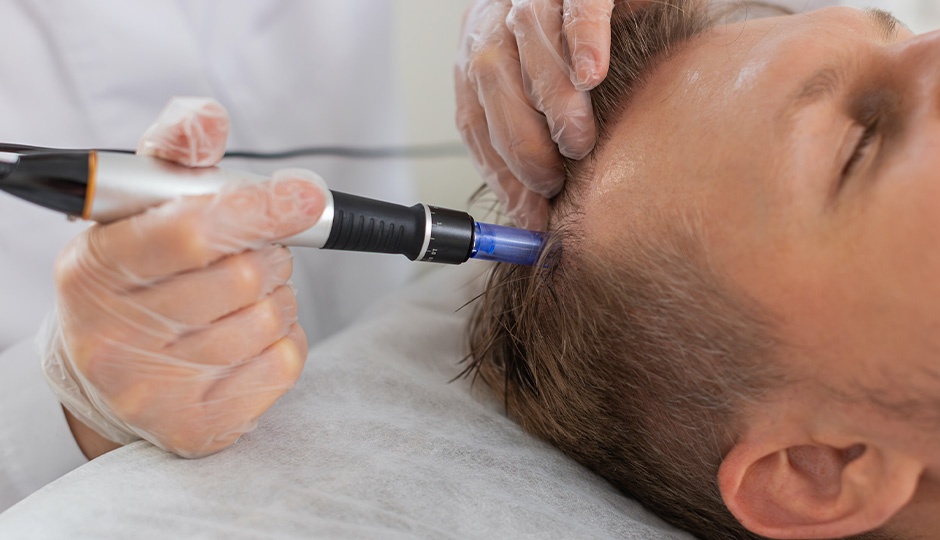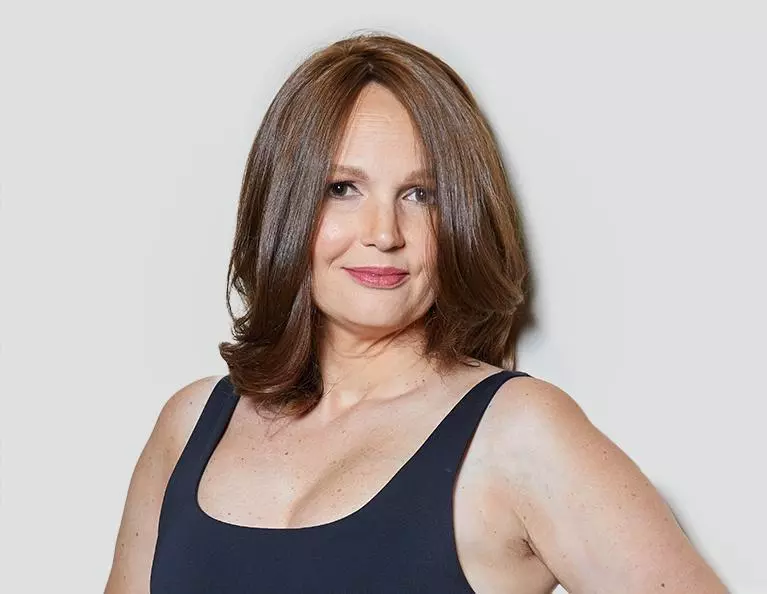Many men and women struggle with an oily scalp. For many, the skin or scalp produces oils more readily. This is often due to genetics – individuals are just more prone to having oily skin. Keeping this in mind, you may be beside yourself trying to figure out how to slow down the production of oil. But, does it matter? When it comes down to it, having an oily scalp is better for your hair than having a very dry scalp. However, excessive oil is not a good thing either. Finding that unique balance is important, but difficult to do.
Why Does an Oily Scalp Occur?
The first thing to consider has to do with why it happens. Scientifically, the production of too many oils on the scalp is a result of excess production of sebum. Sebum is a type of natural oil. It is produced by the sebaceous glands. Oil production here is normal, but in some people, the amount of oil is simply too much. Your hair may feel greasy when you run your hands through it. In general, you want your hair to produce some oil. And, in most cases, simply washing your hair routinely (several times a week) will keep that amount of oil in check.
When Is It Bad?
Some individuals experience an excessive amount of oil production. As they do, the hair feels thicker, heavier, and greasy. It may even feel like there is liquid on the hair. This oil production is too high, and that means it can be a problem for some people. There are several key risks that can occur when there is too much oil present.
First, too much oil can cause an outbreak of dandruff to occur. The oil works to protect the skin from losing moisture. It prevents the skin from drying out in this area. However, too much oil contributes to the development of dandruff.
In addition to this, the oil builds up present creates the ideal environment for bacteria to thrive. It is warm, moist, and the dead skin cells are the ideal food source. In addition, a fungus may also occur. Malassezia is a common type of fungus commonly occurring when there is a significant outbreak of dandruff. These oily areas can make the condition worse and hard to treat. Yet, this does not mean a simple solution exists.
How Can You Prevent It?
For most people using an anti-oily scalp shampoo is a good place to start. Other types of shampoo can work well. They wash away those excessive oils from the scalp. If you have a lot of oily scalp concerns, you may be able to resolve it by washing more frequently. Yet, this does not help everyone, and it can mean that many of the healthy nutrients on your scalp are also washed away. For this reason, it may be necessary to go further in your treatment plan.
For example, you may want to consider any product you are using right now. Some product is heavy and oily itself, which can worsen the condition. Look for products that are light and designed to keep the hair lightweight. This minimizes the amount of oil on the skin. In addition to this, you also want to avoid gels and shine products. These are specifically troublesome when it comes to oily scalps. For many people, the goal here should be to use fewer products to get some control over the grease buildup present.
Oily scalps are a condition you may need additional help with if you are unable to get it under control using a shampoo and a change in the amount of product you use. You may also want to consider talking to your doctor about the oil production. An imbalance of hormones in your body could contribute to this, worsening the overall health of your hair and making it nearly impossible for you to treat the condition. The good news is most people can gain control over this situation.
At Unique Hair Concepts, we offer a scalp and hair analysis called Tricotest. This test utilizes a special tool that actually measures your sebum/oil production, hydration, Ph of the scalp in order to make a proper assessment. In addition, high definition scalp microscope camera is used to identify oily or dry scalps. This test is complimentary. To schedule a consultation and a Tricotest, please contact the team at Unique Hair Concepts.






